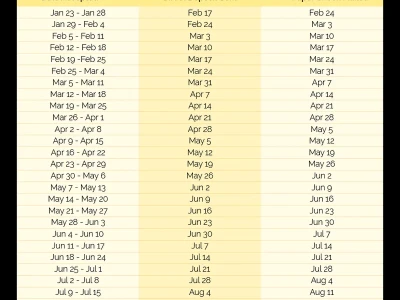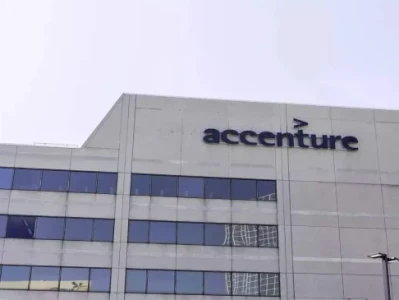It’s freezing in Toledo. Not just the kind of cold that makes you see your breath, but the biting, near-zero misery that seeps into your bones. The local news is calling it a "Weather Impact Alert Day," which is just a sterile, corporate way of saying "don't go outside unless you absolutely have to." Snow flurries are dusting the gray landscape, a perfect visual metaphor for the cold, hard reality setting in across the city.
But the weather ain't the real story. It's just the backdrop for a much colder, more manufactured crisis. While we’re all turning up our thermostats, the federal government has decided to shut itself down, and the fallout is hitting places like Toledo’s childcare centers. These aren't just daycare spots; for many families, they're a lifeline. They're where kids get meals, the kind of meals paid for by programs like SNAP.
And now, that's all up in the air.
The Grand Disconnect
Let's get this straight. A bunch of people in expensive suits, hundreds of miles away in Washington D.C., can't agree on a budget, and the immediate result is that a four-year-old in Ohio might not get lunch. This is a bad system. No, 'bad' doesn't cover it—this is a fundamentally broken, morally bankrupt way to run a country.
I was reading a story about how Local child care facilities feeling impact of government shutdown, and it featured this nonprofit, HOPE Toledo, and its CEO, a guy named Rev. John C. Jones. He’s on the front lines, watching this disaster unfold in slow motion. He talks about the "ripple effect," and he’s not wrong. It’s the perfect, sanitized term for chaos. A parent can’t get childcare because the funding is frozen, so they can’t go to their hourly job. They miss a shift, then another. Pretty soon, they lose that job. The business is now short-staffed, which screws over the other employees and hurts the business itself.
It's a domino chain of despair, and the first domino was pushed over by someone who will never, ever have to worry about where their kid’s next meal is coming from. They’re probably having a catered lunch while they argue over line items that have become political footballs. The disconnect is staggering. It’s one thing to read about a "government shutdown" as an abstract headline on a news site; it's another to picture a childcare worker trying to explain to a room full of kids why the snack today is smaller than yesterday. If there's a snack at all...

What does that do to a community? Rev. Jones worries about resentment, about people blaming parents for a situation they have absolutely no control over. He's right to worry. When systems fail, people look for someone to blame, and it's always easier to blame your neighbor than some faceless politician on cable news.
Rallying Around the Rubble
Here’s the part of the story that always gets me. It’s the inevitable pivot to the "heartwarming" angle. After laying out the bleak reality, Rev. Jones says that when it’s time to "put rubber to the road," the Toledo community "finds ways" to rally and get things done. I'm sure he means well, but forgive me for not breaking out the confetti.
This isn't a story about resilience; it's a story about desperation. Celebrating a community "coming together" to feed hungry kids because the government failed is like celebrating a passenger who’s gotten really good at bailing water out of a sinking ship with a bucket. Sure, you can admire their spirit, but the real question is: who shot a cannonball through the hull in the first place? And why do we keep letting them sail the damn boat?
We’ve normalized this narrative. The government breaks something vital, and we applaud the private citizens and charities who rush in with duct tape and glue. We call it "community spirit." I call it an abdication of responsibility. The community does it's best to make sure no child goes without a meal, we’re told. That’s great. But should they have to? Shouldn't that be the absolute, bare-minimum floor for a society that claims to be the greatest in the world?
This whole cycle feels designed to let the powerful off the hook. They create the crisis, we scramble to fix it, and then they get to point to our scrambling as proof of our nation’s "can-do attitude." It’s a complete sham. What happens when the community's resources run dry? What happens when the food banks are empty and the goodwill runs out? Who rallies then?
So We're Just Okay With This?
At the end of the day, the snow in Toledo will eventually stop. The temperatures will rise. But this particular kind of cold—the institutional indifference that treats children's meals as a bargaining chip—that seems to be a permanent part of our climate. We're living in a system where the most vulnerable people are the first to be sacrificed for political leverage. And the most infuriating part is that we’re expected to just accept it, to "rally around" the damage instead of demanding they stop causing it in the first place. It's an American tragedy, served cold.

